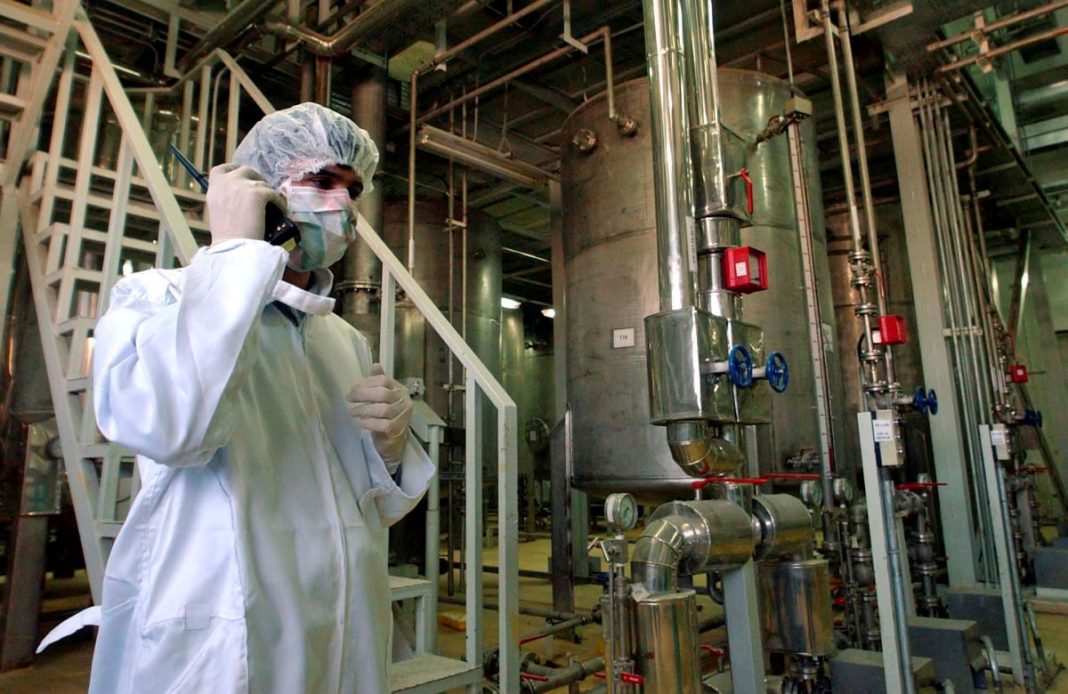“We hope that the IAEA will be able to ensure the objectivity and impartially of the monitoring within the framework of its technical mandate, without getting politicized, without succumbing to absolutely perverted tricks by the Western camp,” the diplomat said during a briefing on Wednesday.
“We see this as a necessary guarantee of constructive cooperation between the agency and Iran the strengthening of which we have invariably supported,” she added.
Zakharova was commenting on remarks by IAEA Director General Rafael Grossi who claimed that Iran may develop nuclear weapons. According to her, “Such manipulations counting on presenting the IAEA as an accomplice or even the initiator of political attacks on Tehran, always pursue a single goal – present Iran’s nuclear program as the main threat in the Middle East which must be battled by any means.”
That said, the diplomat noted that the West is trying to “get away with gross violations of the UN Security Council Resolution 2231 and the profound stagnation of the Joint Comprehensive Plan of Action on Iran’s nuclear program”.
“The international community has a clear understanding that it was precisely the West that undermined an agreement on restoration while Tehran repeatedly indicated its readiness to return to the parameters of the joint plan in the event of reciprocal synchronized actions by Washington, Brussels and London,” Zakharova stressed.
The diplomat explained that “neither the treaty, nor the agreement provide for any quantitative restrictions on peaceful nuclear development if all nuclear activities in the country remain under the agency’s control”, while the Iranian nuclear program “has always been inspected to the utmost degree” by the IAEA.
Iranian officials have already denounced Grossi’s allegation as going beyond his mission as an impartial UN official.
Earlier in the day, the head of the Atomic Energy Organization of Iran (AEOI), Mohammad Eslami, called on Grossi to ensure the agency’s impartiality by considering other parties’ failure to fulfill their obligations toward the Islamic Republic.
“It is not acceptable for an international institution to address only one aspect of the issue, in a provocative manner at that, and refuse to point to the main aspect, which is the obligated parties’ non-commitment,” Eslami said.
Back in 2018, the Islamic Republic resorted to a number of legitimate retaliatory measures in line with its entitlement under the 2015 nuclear deal.
The steps came in response to the United States’ unilateral and illegal withdrawal from the agreement and its Western allies’ refusal to restore the deal to its former glory by bringing Washington back into the accord.
Tehran took the measures after a drawn-out hiatus, during which it allowed the parties to the deal to walk back their unconstructive steps.
